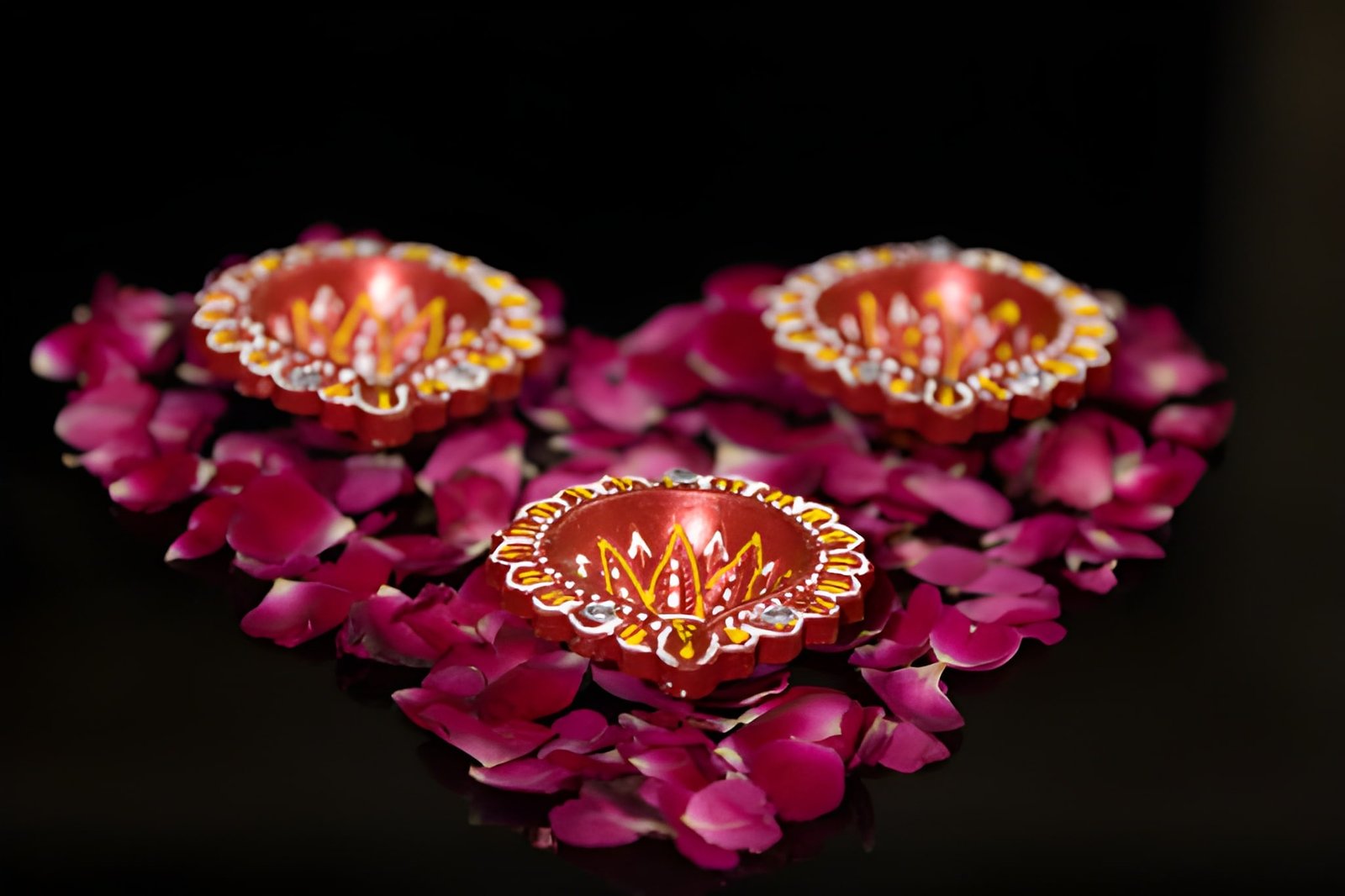Introduction – Why Diwali Matters
Diwali, also known as Deepavali, is one of the most celebrated and beloved festivals in India and across the world. Often called the Festival of Lights, it symbolizes the victory of light over darkness, good over evil, and knowledge over ignorance. Every year, millions of homes are illuminated with lamps, candles, and diyas, as families come together to pray, share sweets, exchange gifts, and celebrate with joy.
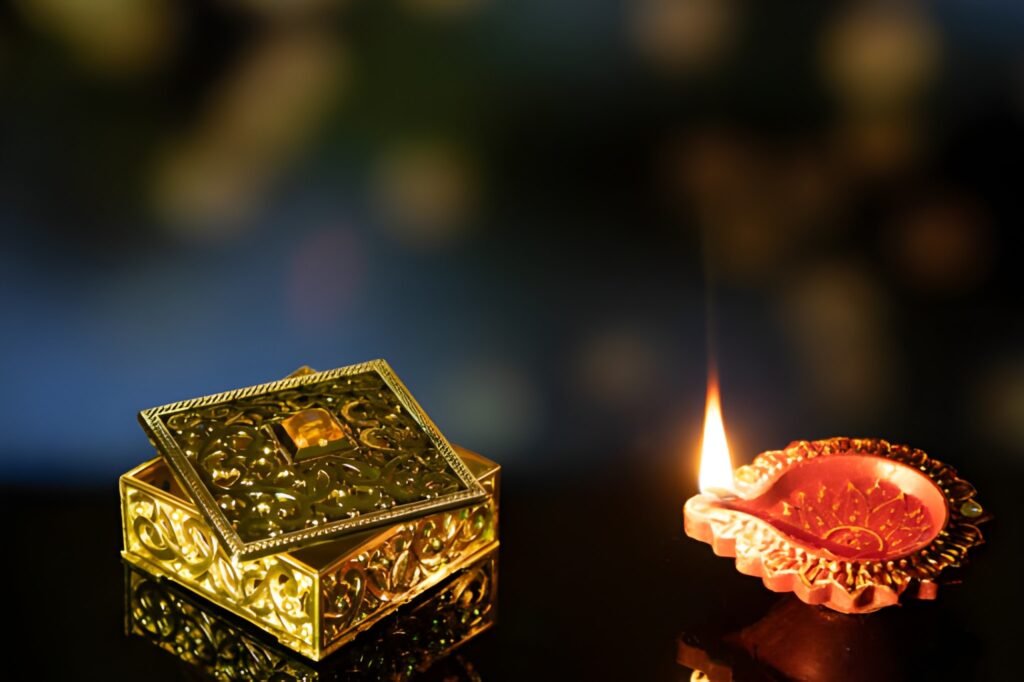
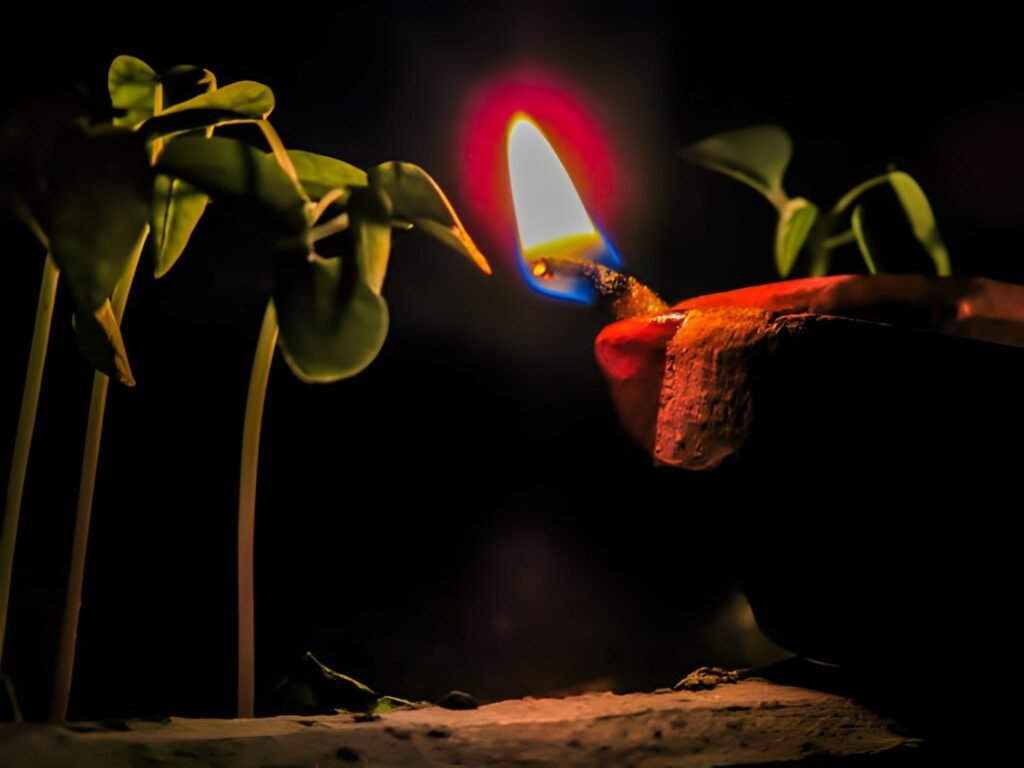
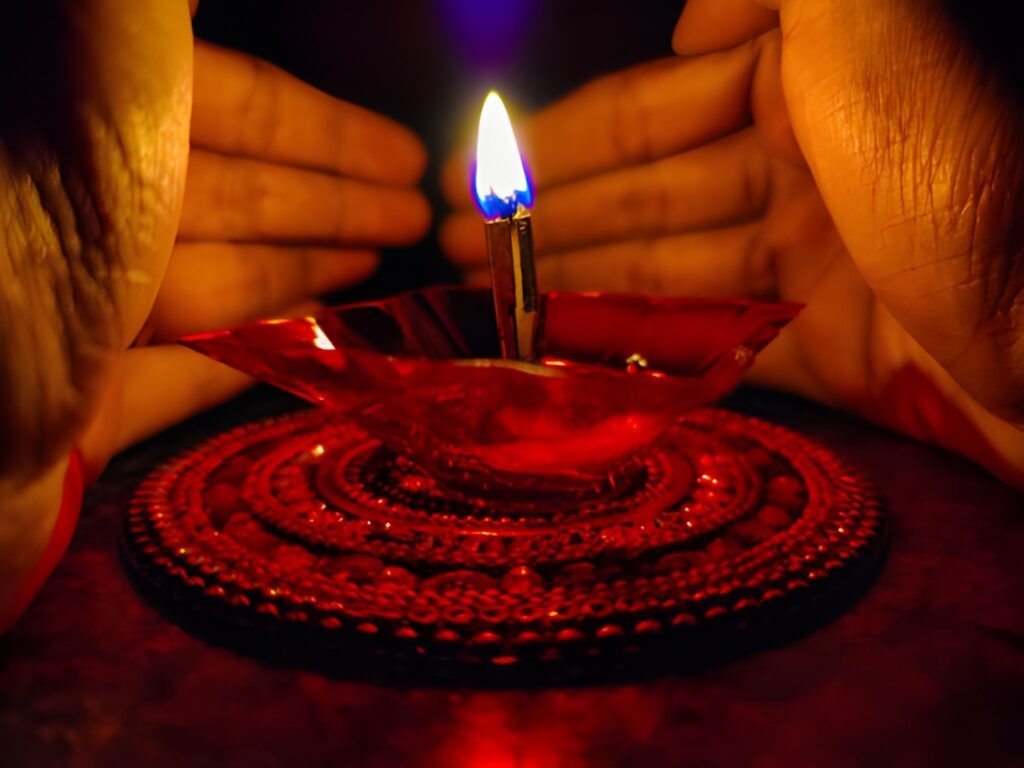
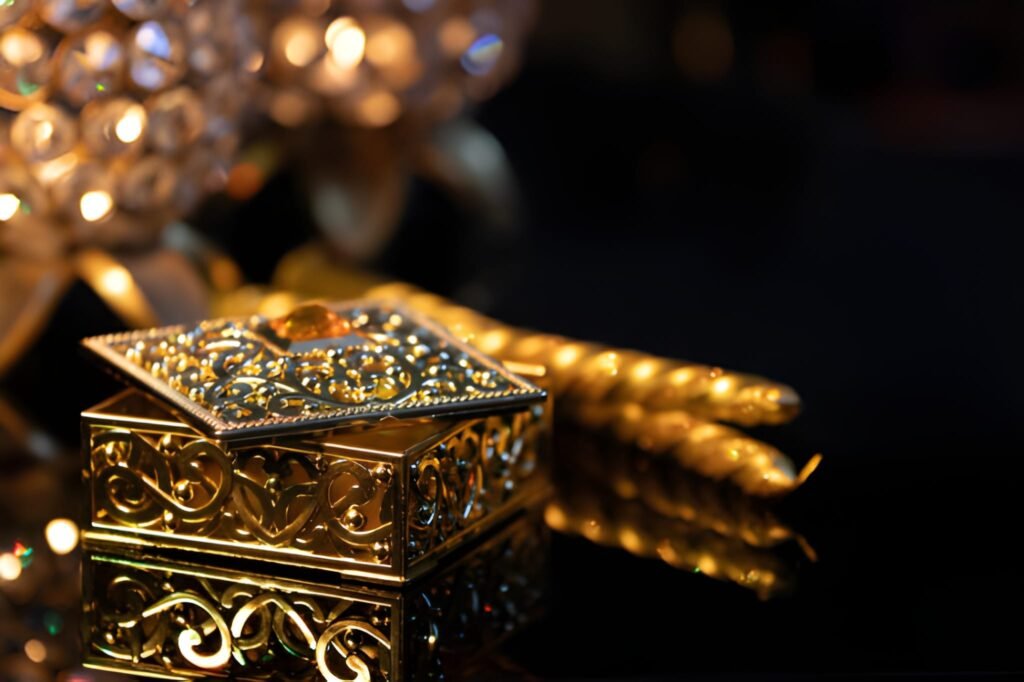
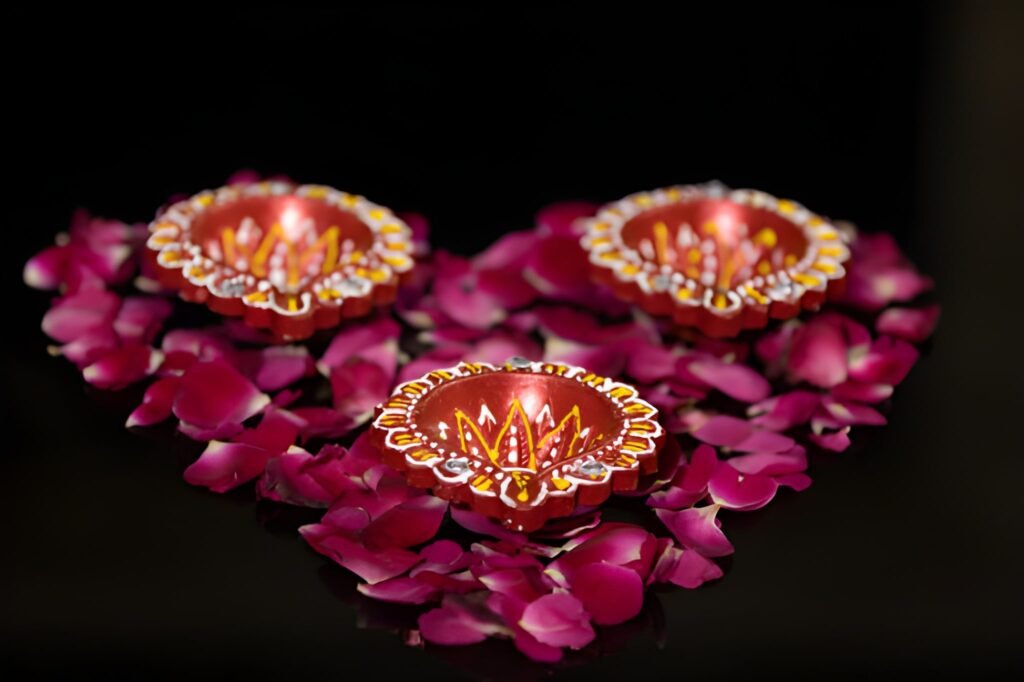
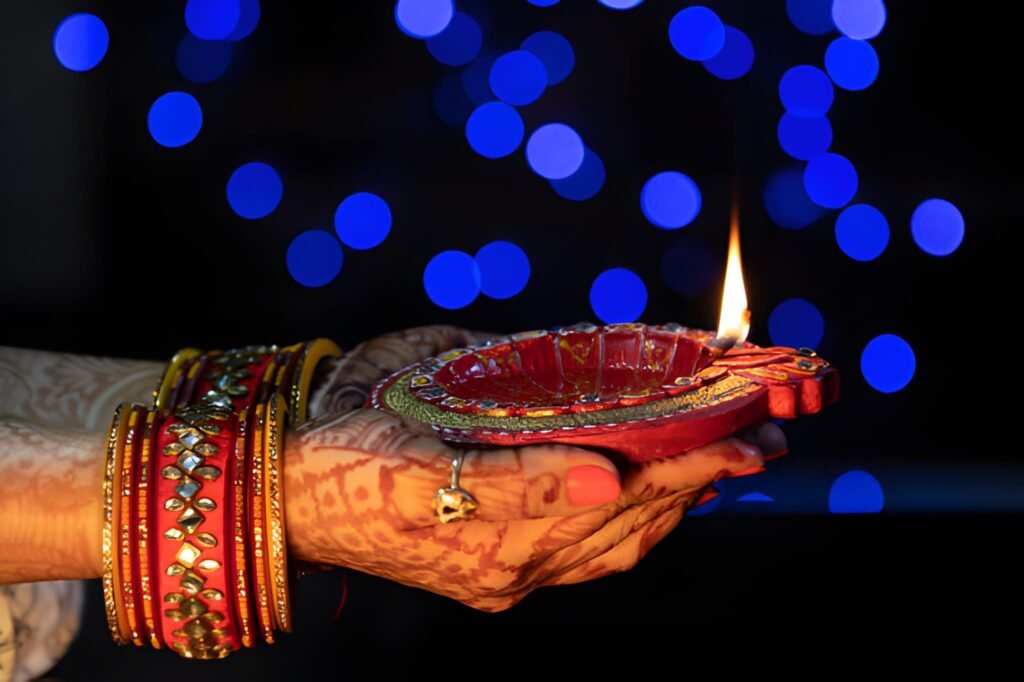
In 2025, Diwali will be celebrated on October 20, marking another grand occasion when streets, temples, and households will shine bright with festive energy. Beyond its religious roots, Diwali has become a cultural, social, and economic event of massive significance.
This detailed 6000-word feature explores the origins, traditions, symbolism, modern celebrations, and global reach of Diwali, weaving in its timeless values and evolving relevance.
The Origins of Diwali – Mythology and History
Lord Rama’s Return to Ayodhya
The most popular story comes from the Ramayana. After 14 years of exile and the victory over Ravana, Lord Rama returned to Ayodhya with Sita and Lakshmana. The people welcomed him by lighting oil lamps, symbolizing joy and the triumph of righteousness.
Goddess Lakshmi and Prosperity
Another tradition links Diwali to the worship of Goddess Lakshmi, the goddess of wealth and prosperity. It is believed that Lakshmi roams the earth on Diwali night, blessing homes that are clean, decorated, and illuminated.
Lord Krishna and Narakasura
In South India, Diwali is associated with Lord Krishna’s victory over the demon Narakasura, symbolizing the removal of evil and darkness.
Maharaja Vikramaditya and Historical Ties
Some historians trace Diwali back to the coronation of Maharaja Vikramaditya, marking it as a day of new beginnings and triumph.
The Spiritual and Cultural Significance of Diwali

- Light over Darkness – Diyas and lamps represent the removal of ignorance and the arrival of wisdom.
- Good over Evil – Celebrations reinforce moral and ethical values.
- Prosperity and Wealth – Businesses open new account books (Chopda Pujan) on this day.
- Family and Community Bonding – Diwali strengthens relationships through shared rituals and festivities.
The Five Days of Diwali Festival
Diwali is not just one day; it is celebrated over five days, each with its own meaning.
- Dhanteras – Dedicated to wealth and health, people buy gold, silver, and utensils.
- Choti Diwali (Naraka Chaturdashi) – Symbolizes the defeat of Narakasura. Homes are decorated and diyas lit.
- Main Diwali Day (Lakshmi Puja) – The most important day, when Goddess Lakshmi is worshipped for wealth and prosperity.
- Govardhan Puja / Annakut – Celebrates Lord Krishna lifting Govardhan Hill to protect villagers.
- Bhai Dooj – Dedicated to the bond between brothers and sisters.
SEO Keywords:
Diwali 2025 date, five days of Diwali, Dhanteras 2025, Lakshmi Puja, Govardhan Puja, Bhai Dooj significance
Regional Variations in Celebrating Diwali

- North India – Focuses on Lord Rama’s return and Lakshmi Puja.
- South India – Naraka Chaturdashi and Lord Krishna’s victory.
- West India (Gujarat, Maharashtra) – Associated with Goddess Lakshmi and new business beginnings.
- East India (West Bengal, Odisha, Assam) – Celebrated as Kali Puja, worshipping Goddess Kali.
Rituals and Traditions
Cleaning and Decorating Homes
Homes are thoroughly cleaned, painted, and decorated with rangoli and flowers.
Lighting Diyas and Lamps
Rows of diyas and candles are placed on balconies, terraces, and courtyards to invite positivity.
Lakshmi Puja
Families perform detailed puja rituals with mantras, sweets, and offerings to Goddess Lakshmi.
Firecrackers
Although controversial due to pollution, firecrackers remain part of traditional celebrations in many regions.
Feasting and Sweets
Special Diwali sweets like ladoos, barfis, kaju katli, gulab jamun, and snacks like chakli, namakpare, samosas are prepared.
Gift Exchanges
Families and businesses exchange gifts, dry fruits, clothes, and sweets, strengthening bonds.
Diwali Food and Festive Delicacies

Food is central to Diwali, with each region offering unique festive dishes:
- North India – Gulab jamun, jalebi, kaju katli, chole bhature.
- South India – Payasam, murukku, mysore pak.
- Maharashtra – Puran poli, karanji, chakli.
- Bengal – Sandesh, rasgulla, nolen gur sweets.
Modern Diwali – Changing Trends
- Eco-Friendly Diwali – Growing awareness encourages clay diyas, seed crackers, and natural decorations.
- Digital Diwali – Online gift cards, e-rangoli competitions, and virtual pujas for global families.
- Corporate Celebrations – Offices organize Diwali parties and gift hampers for employees.
Diwali Around the World
Diwali has crossed borders and is celebrated globally:
- USA & UK – Recognized in public spaces; Diwali at Times Square in New York is iconic.
- Singapore & Malaysia – Declared national holidays with large community events.
- Nepal – Celebrated as Tihar, with special rituals for animals like cows and dogs.
- Fiji, Mauritius, South Africa – Celebrated widely among Indian-origin populations.
Economic Impact of Diwali
Diwali is one of the largest economic events in India:
- Retail Boom – Electronics, clothing, automobiles, and jewelry sales skyrocket.
- Gold Demand – Highest buying season for gold and silver.
- E-commerce Growth – Online platforms like Amazon and Flipkart report record sales.
- Employment – Temporary jobs in logistics, manufacturing, and retail surge.
Environmental Concerns
- Air Pollution from firecrackers worsens urban smog.
- Noise Pollution affects the elderly, children, and animals.
- Waste Generation increases with packaging and decorations.
Eco-friendly initiatives are gaining popularity, encouraging sustainable practices.
Diwali 2025 – Dates and Timings

- Dhanteras – October 18, 2025
- Choti Diwali – October 19, 2025
- Main Diwali (Lakshmi Puja) – October 20, 2025
- Govardhan Puja – October 21, 2025
- Bhai Dooj – October 22, 2025
Symbolism Beyond Religion
Diwali is more than a Hindu festival; it resonates with universal values:
- Hope and Renewal – New beginnings for individuals and businesses.
- Unity in Diversity – Celebrated by Hindus, Sikhs, Jains, and Buddhists differently but with common joy.
- Spiritual Awakening – Light as a metaphor for inner clarity.
Diwali for Students and Writers
Diwali is also one of the most written-about festivals in India. For essays, articles, and speeches, students focus on:
- Diwali as a festival of unity.
- Its cultural and historical importance.
- The need for eco-friendly celebrations.
Conclusion – The Everlasting Glow of Diwali

Diwali is not just a festival; it is an experience of light, joy, love, and prosperity. In 2025, as families across India and the world prepare to celebrate, the message of Diwali remains timeless:
Where there is light, there is hope. Where there is unity, there is strength. Where there is goodness, there is victory.
By combining tradition with modern awareness, India continues to keep Diwali alive as a festival of not only lamps but also human spirit and universal harmony.

